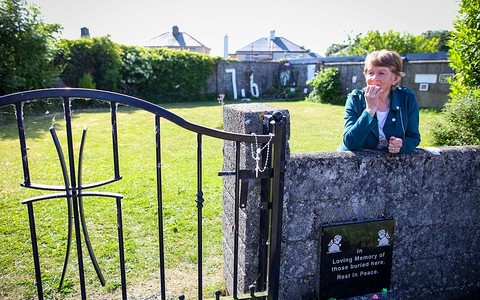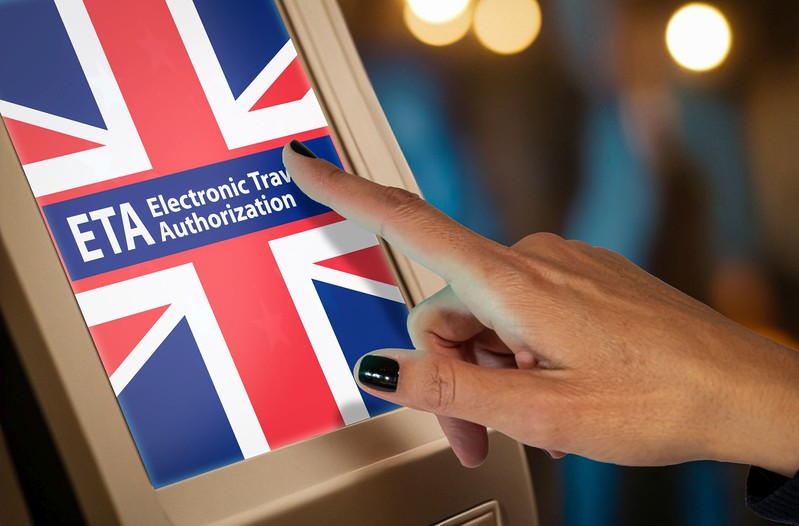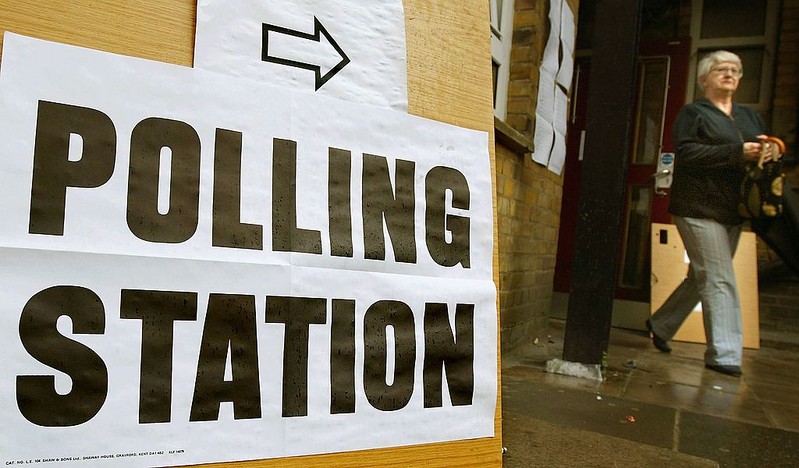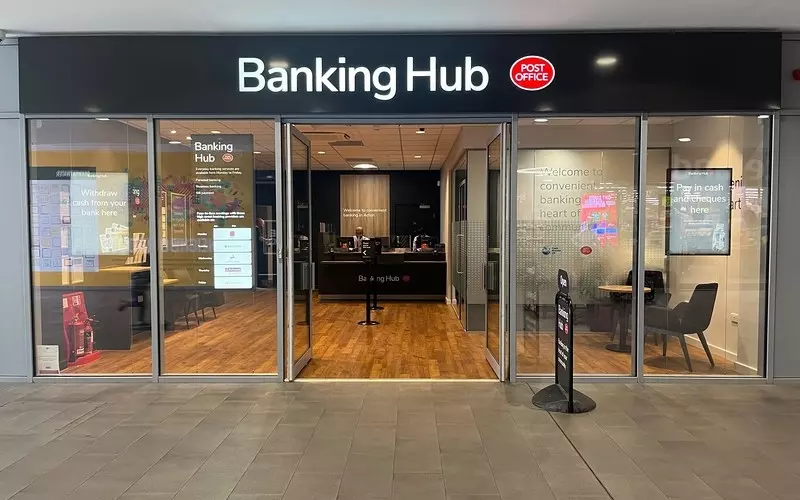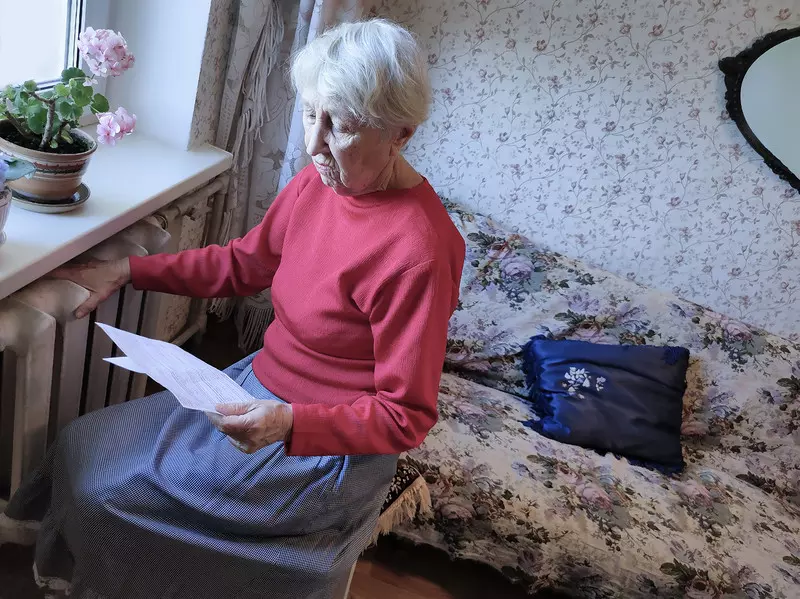UK Local Officials Urged to Take a Stronger Role in Shaping Gambling Policy

The London Underground has become a focal point in this debate, with its current mayor facing backlash for unfulfilled promises to eliminate gambling promotions from its transportation network. With the Tube serving millions of travelers daily, the prevalence of betting advertisements has sparked significant debate.
For passengers who are exposed to these marketing campaigns, the allure of gambling can be strong, especially with the wide variety of digital casino games available. UK players now have access to over 20,000 different online slot titles with varying themes and features, many offering progressive jackpots worth millions. According to Raymond van Wyk, these games strive to keep players entertained by offering exciting themes and features and offer excellent payout percentages to ensure a fair chance of winning (source: https://www.techopedia.com/uk/online-slots).
These games are accessible anytime from smartphones and computers, making them particularly tempting for vulnerable individuals during their daily commute. Critics, including members of the Green Party, have publicly challenged the mayor's apparent reversal of his commitment.
The mayor's explanation that he awaits further guidance from higher governmental authorities has done little to appease those concerned about public welfare, with many viewing this as unnecessary hesitation on an urgent matter.
In striking contrast, Liverpool's council has demonstrated proactive leadership by partnering with academic institutions to develop comprehensive strategies addressing gambling addiction. Their collaborative initiative focuses on creating evidence-supported approaches and knowledge-sharing to combat betting-related problems.
Their urgency stems from troubling local research indicating that nearly one-third of Liverpool adults engaged in some form of gambling within the previous year. Perhaps more alarming, the percentage of residents suffering negative consequences from betting activities was almost twice the country's average. Additionally, researchers discovered that tens of thousands of Liverpool's children were potentially influenced by gambling behaviors in their households.
A senior Liverpool council member emphasized that gambling addiction often remains invisible until significant damage occurs to individuals and families. He stressed the council's dedication to continued prevention efforts and support services.
Similar concerns have emerged in other metropolitan areas like Manchester and Leeds, where local governments are re-evaluating their approaches to gambling regulation. While these municipalities may not wield the same authority as central regulatory bodies, their positions and initiatives reflect growing public concern and could ultimately influence nationwide policies.
Town and city councils also maintain considerable leverage through their authority regarding physical betting establishments in their jurisdictions, giving them direct influence over the industry's local presence.
The ongoing tension between centralized regulation and local governance illustrates the multifaceted challenge of balancing commercial interests against community wellbeing—a struggle that intensifies as more citizens become aware of gambling's potential harms throughout the United Kingdom.
Recent public opinion surveys suggest overwhelming support for stricter controls, with over 70% of respondents favoring enhanced restrictions on gambling advertisements in public spaces and tighter regulations for online betting platforms. These findings highlight the growing momentum for reform at both national and local levels.



![Władca lasów: IKEA i dewastacja przyrody [DOKUMENT]](https://assets.aws.londynek.net/images/jdnews/2251908/427990-202507101808-m.jpg)





